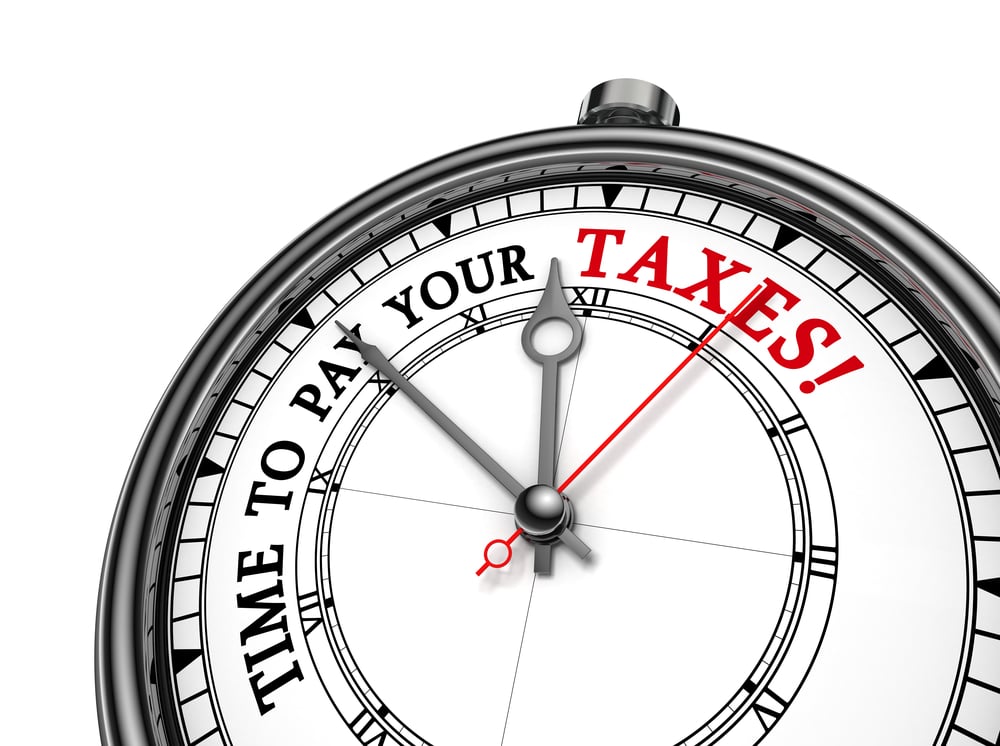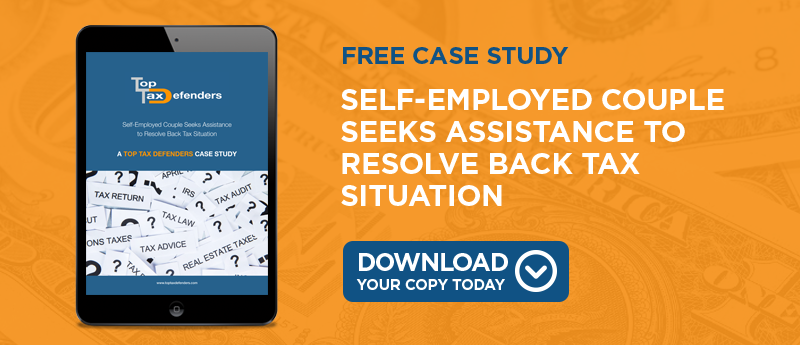
{Editor’s Note: This post was originally published in April 2015 and has been updated for accuracy and comprehensiveness.}
The IRS requires that you file your taxes by midnight on April 15. Even with this deadline set in stone, you may still be unable to get your taxes filed in time. If that is the case, you are not alone. According to a study by IPX, roughly 31% of Americans procrastinate filing their taxes. So if April 15 has passed and you haven't filed, here are a few things you can do to minimize the consequences of late filing.
When you are late filing your return, it can be easy for you to panic and believe that the IRS is going to put you in jail. However, rather than overreact, you should take these corrective steps to getting your return filed and minimize the penalties you may face because of your tardiness.
Electronic File As Soon As Possible
When the deadline has come and gone, you may believe that it does not matter how quickly you file your late taxes. As with filing taxes before the deadline, it will benefit you to take care of this obligation sooner rather than later. Electronic, or e-filing, is faster than mailing in your taxes, which is why you would do well to use this method to send in your return.
Filing the return as quickly as possible helps you avoid expensive penalties that will be levied against you. In fact, the IRS charges late filers five percent for each month that they are late.
If you are owed a refund, the penalties will be deducted from the money the IRS owes you. However, if you are not owed a refund and instead must pay, you will be charged five percent on top of what you owe for every month you are late in filing.
Pay What You Owe
Along with e-filing your return, you should also prepare to pay what you owe to the government. Making good on your obligation helps detract attention away from your tardiness and also eliminates any lingering penalties that could incur on a remaining balance. If you can afford to, you should write a check and take care of what you owe the IRS immediately.
Set Up a Payment Arrangement
If you cannot pay your tax obligation, you still have the option of setting up a payment agreement with the IRS. This arrangement prevents any collective actions such as wage garnishment or bank levies. It also lets you take care of your taxes with payments that fit your budget.
To set up an arrangement, you can fill out the online form found on IRS.gov. The payments will then be set up to accommodate your current income. If you take a pay cut or lose your job, the arrangement can be reset to help you avoid financial hardship.
File for an Extension
Despite the April 15 deadline being fairly rigid, the IRS does allow for some flexibility by granting extensions. Extensions may be given to people who:
- Can pay their tax debts, but need extra time to complete their returns
- Need to get a new copy of their W2, I-9, or other tax documents before they can file
- Cannot pay their tax obligations just yet and need time to finish their returns
- Want to minimize the amount of penalties they must pay to the government
When you want to pay the least amount possible in penalties, it is essential that you file for an extension by April 15. This extension reduces your penalty from five percent to 0.5 percent each month. You can file for an extension by filling out the IRS form 4868, which can be found on the IRS.gov website.
April 15 serves as the government's deadline for filing taxes. If you miss that date, you still have options to take care of this obligation without incurring expensive penalties. These options can help you file your returns and settle what you owe to the IRS in a timely and legal manner.




